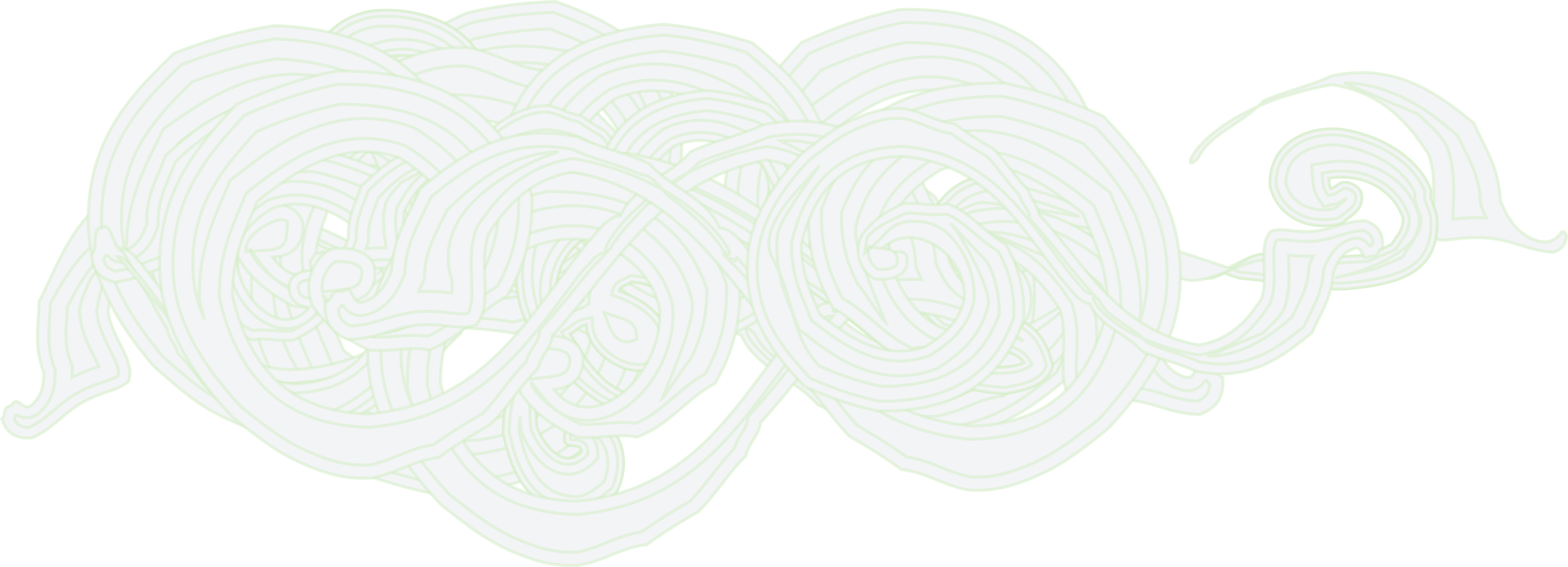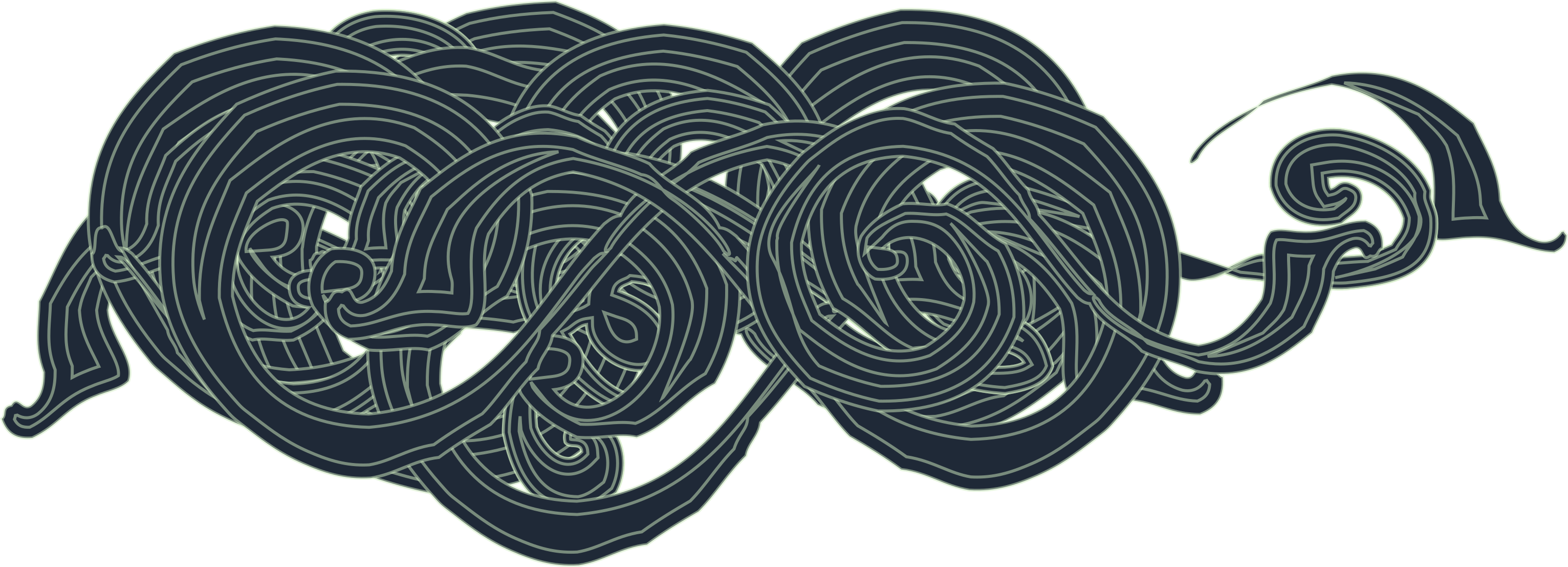

48 Hours Investigates
Silent Killers: Fantastic Phages?
(CBS) After breaking his foot five years ago, Toronto bass player Alfred Gertler got an infection that antibiotics couldn't cure. Doctors told him he might have to have his foot amputated.
But then he read about a radically different way to treat infections. The treatment was in the former Soviet Republic of Georgia, at the Eliava Institute in Tbilisi.
"It was very strange. But it seemed like a lifeline," he says. So he went. "They had no heat, no electrical power, no water for much of the day," says Gertler.
What Eliava did have was treatment that worked. They poured an ointment in the wound and within three days, the infection was gone. Susan Spencer reports.
The treatment used something called bacteriophage or "phage" as some call it. Researchers at Eliava are convinced that phages are a fine, natural alternative to antibiotics. Phages are harmless viruses that have only one purpose in life: to eat bacteria that cause infection. Susan Spencer reports that they could help overcome our dangerous dependence on antibiotics.
"A miracle of nature is that there seems to be a bacteriophage for every kind of bacteria," says Michael Shnayerson, co-author of "The Killers Within." He says these viruses may work when antibiotics fail. "Given the fix that we're in with the rise of resistance, we need to look at other approaches. And phage is just one of several," says Mark Plotkin, the other co-author.
This approach is nothing new at Eliava, where they have been making phage medication for more than 60 years. They use techniques that are not cutting-edge: They isolate bacteria and then search for the specific phages that kill them.
In local hospitals, doctors use phages to treat wounds. In clinics, phages are used to treat throat infections. For burns, there is phage bio-derm, artificial skin with time-release medication.
"Everybody knows what this is, and it's just a standard part of health care," says Mzia Kutateladze, a senior scientist at Eliava. The price is right too: $2.50 for ten ampules.
But if phages are so great why aren't doctors in the U.S. using them, just as the doctors in Georgia do? The answer: penicillin. "Nobody cared very much once penicillin came along in the western world. They thought they had the problem licked for all time. We have a lot of hubris a lot of time," says Betty Kutter, a microbiology professor from Evergreen University, who believes passionately that phage therapy works.
With Eliava, she hopes to convince others that using a naturally-occurring virus to fight an infection is a fine idea. "These are viruses that can absolutely not infect human cells, or animal cells, or plant cells," she says. "No chance of getting sick from the treatment. The only kind of cells they infect is bacteria."
Kutter brought Gertler to Eliava. She says his foot would have been amputated without phage treatment. Gertler's treatment would be off-limits in the U.S. because phage therapy has never gone through the rigorous testing the U.S. demands.
And consider where phages are found: "We isolate the new phage clones from sewage," says Mzia with a laugh. "Not a very clean place. But it has a lot of phages."
Will Americans be willing to try a medicine that is made from sewage, has viruses in it, and is used in the former Soviet Union? "You can trust it because it works and it has been working during so much time for so long," says Mzia.
Now, some American entrepreneurs want to give this old technology new consideration.
Intralytix in Baltimore is one of a few small companies starting carefully controlled studies.
"There's no question that on the test tube and on the culture plate, these things look like gang busters," says infectious disease specialist Glenn Morris, co-founder of the company. "Translating that into something that's effective in terms of human therapy; there's a lot to suggest that they do work. But at least in this country, we still have to prove it."
That will take at least 3 to 5 years, he says, even using Eliava's experience. And who knows where Eliava will be then. The collapse of the Soviet Union cut off funding for research, equipment, and workers. Today, Eliava struggles just to hang on to its unique phage inventory.
There has been recent outside help, including new equipment and a grant from the U.S. State Department. "It's very hopeful. And this is the only way to save our science and just keep going," says Mzia.
No one thinks phages will replace antibiotics completely, but they may be part of the answer when antibiotics don't work. "I think we're absolutely crazy if we don't learn to use them and to use them well and efficiently and effectively," says Kutter.






